We’ve come a long way since 1959. But our stock in trade hasn’t changed – whether it’s exposing dodgy dealers or giving you the lowdown on products that go the distance.
March 1980: Safety first
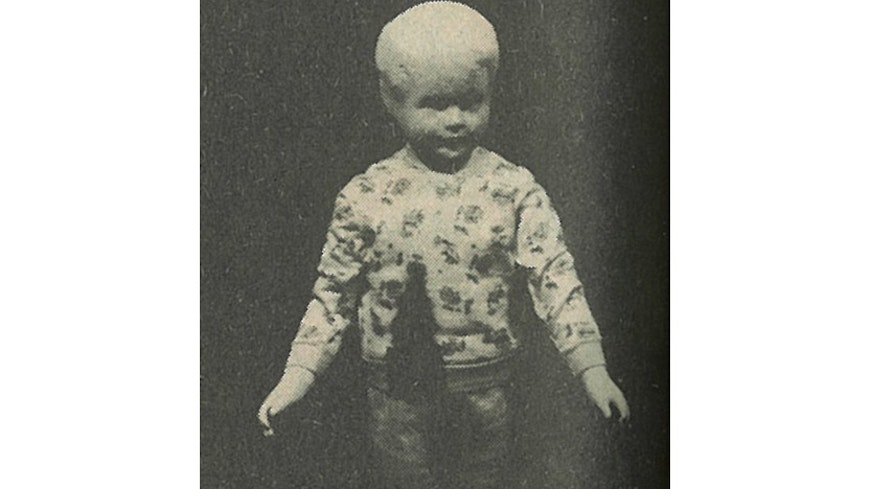
It took two decades of campaigning, but we finally got rules protecting children from flammable nightwear. The Safety of Children’s Nightclothes Act said shops couldn’t sell nightdresses and dressing gowns in children’s sizes unless they were made from low fire risk fabrics. We advised consumers not to rely solely on the shopkeeper’s word but to look for labels stating “low fire risk fabric” or “designed to reduce fire risk”.
April 1981: Beds are burning
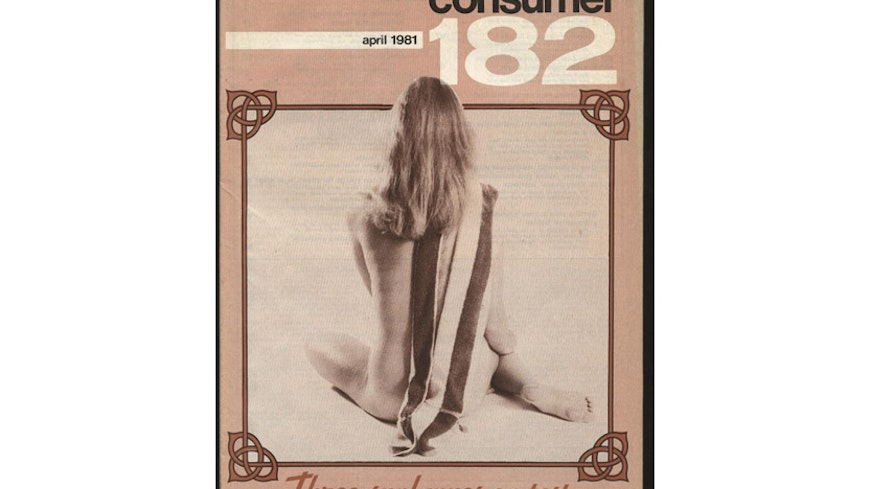
We carried out our first survey of sunbeds, which kick-started our campaign for tighter regulation of the tanning industry. We wanted it mandatory for operators to provide timers and UV protective eyewear, and have prominent notices warning about the dangers of prolonged use of these devices.
March 1982: The bald facts

The baldness cure sounded too good to be true - and it was. Our mystery shopper went to the “surgery” - in a room in Wellington's Abel Tasman Hotel - and was told by the white-coated sales rep the treatment would rejuvenate the hair and prevent baldness. The 10-minute consultation and lecture cost $6 ($23 in today’s prices). The treatment itself cost $300 ($1148 in today’s prices) – a lot to pay for a treatment with no proven record of success!
May 1983: Ring of confidence
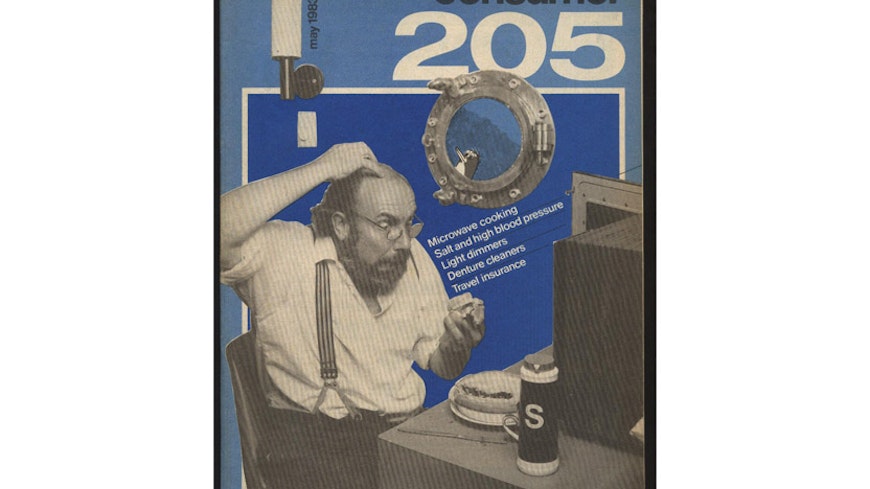
What's the best way to clean dentures? We had the answer. New dentures could be kept in good condition by brushing with soap and water. However, if you were battling build-up, we recommended taking your fangs to be professionally cleaned. We warned that boiling in cleaning solutions should be avoided as dentures could change shape (and only be useful for Halloween!). Sucking on peppermints was not recommended as they could bleach out the pink part of the dentures.
August 1983: No secrets
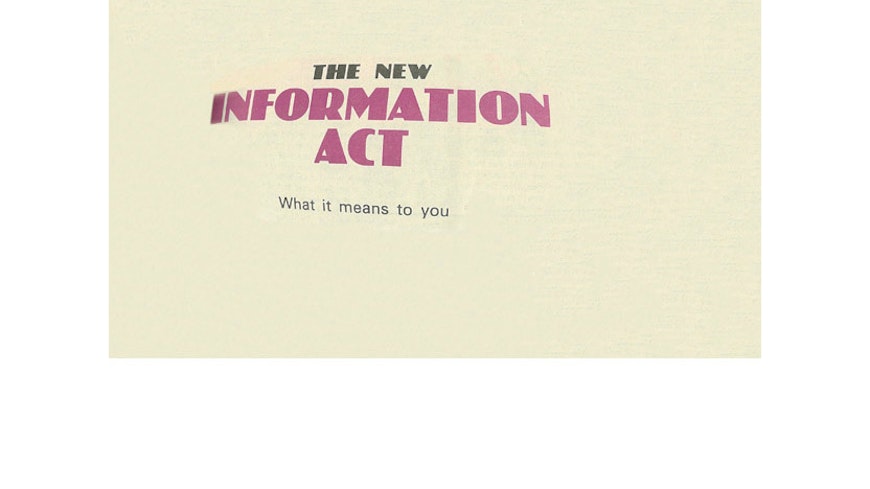
The Official Information Act had finally come into effect. We hoped it would throw open the “vaults of bureaucracy to the scrutiny of a curious public”. We'd been asking for this for years and were looking forward to accessing new information that would help us carry out our investigations.
Jan/Feb 1985: Gobbledegook
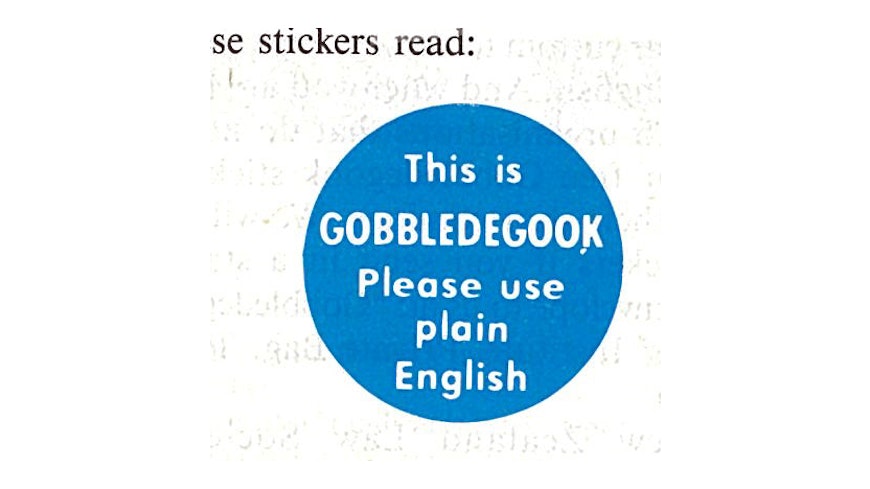
We were sick of documents stuffed with legalese that was too difficult to understand. One example that raised our ire came from BNZ and included a 585-word sentence, without a comma or full stop! In an attempt to stop this practice, we produced anti-gobbledegook stickers. Readers could attach a sticker to offending documents and return them to the sender. We also asked for examples to be sent in for our Gobbledegook Awards.
October 1985: Easy money?
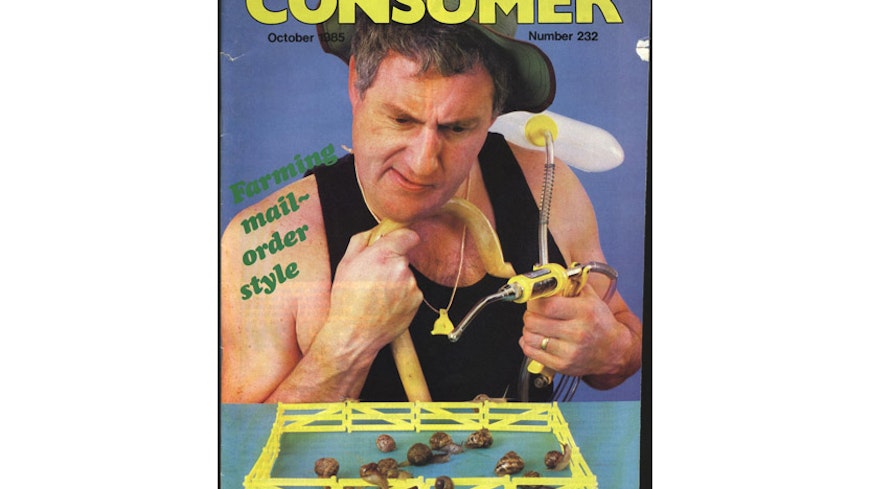
We’d checked out a few get-rich-quick schemes in our time but this one took the cake – snail farming! The promoter advertised a free pamphlet on how to make easy money farming the molluscs. All punters had to do was fill in a coupon and pay $30 ($80 in today’s prices), and they’d receive the booklet Snail Farming for Top Profits. Unsurprisingly, the booklet was vague on how to make your fortune. We suggested any aggrieved snail farmers take their cases to the Small Claims Tribunal.
July 1986: Outlawed restraints
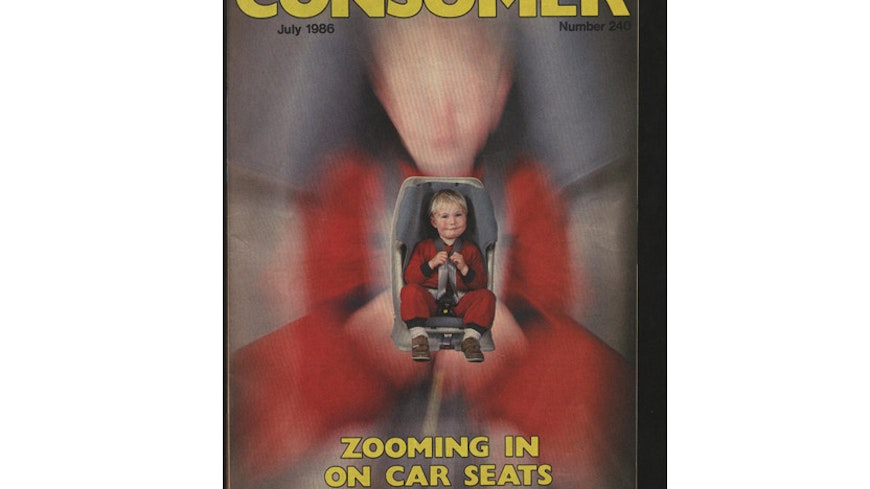
Our survey of 62 shops in the four main centres found dodgy child car restraints were still being sold. The restraints had been outlawed for not meeting regulatory standards. We urged the Ministry of Transport to crack down on sales of sub-standard products, issued a public warning and advised the Minister of Consumer Affairs of our findings.
Jan/Feb 1987: Changes ahead
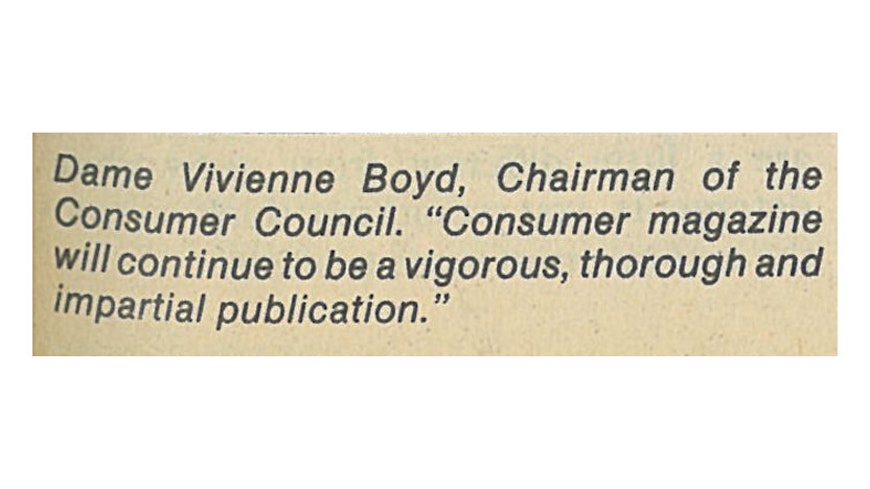
Major changes were coming! We announced the Consumer’s Institute, as we were known, would soon become an independent consumer association and be entirely responsible for our own funding. The government had helped fund our work because of the spin-off benefits it provided to all consumers. From 1989, this assistance would stop and our priority would be Consumer magazine, a user-pays publication.
June 1989: Cheap fares?
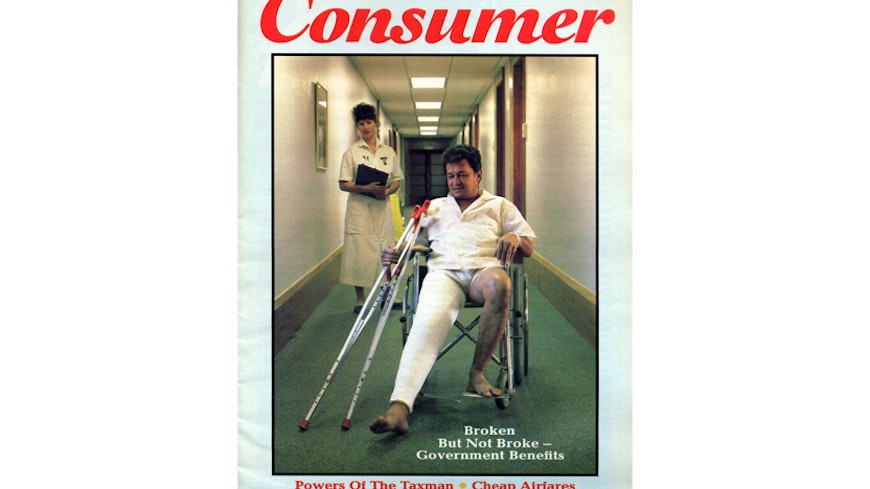
We mystery-shopped travel agents to see if their ads lived up to their claims. We found cheap flights to London failed to mention they were ex-Auckland, flew via the US and required travellers to be back in the States for departure within 21 days. Some offers were only available in specific months. But would-be travellers wouldn’t have known any of this from the headline claims.
October 1989: Imports up, standards down
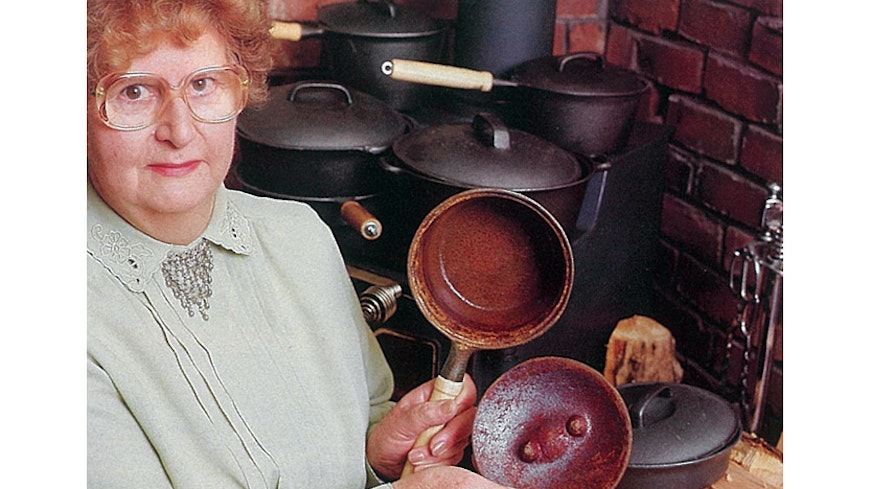
As import controls were relaxed, the quality of imported goods went down. In one case, a member purchased a set of imported cast-iron pots to find they turned her stewed apples into a frothy, inedible brown mush. We had the Health Department test the pots and discovered iron was leaching into the food. The pots would eventually have disintegrated if used regularly. We advised consumers to make a fuss if their imports weren't up to scratch.
November 1989: Smashed potatoes
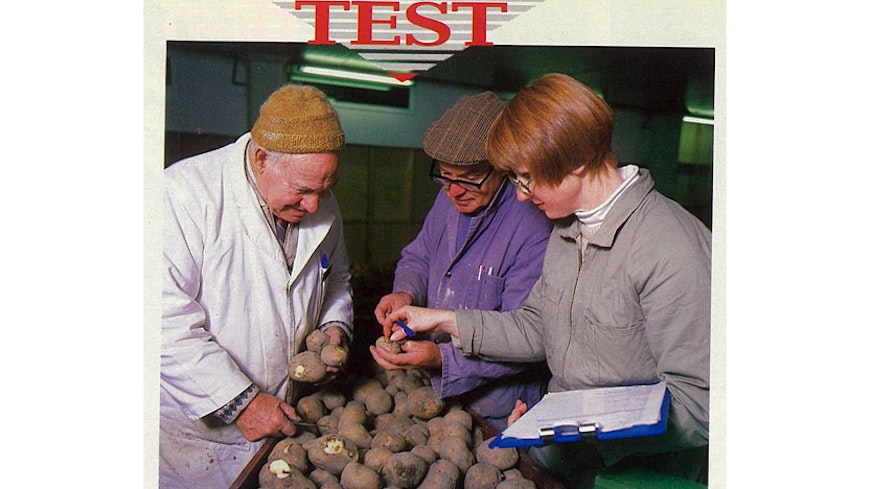
Our test of 119 bags of potatoes exposed the rot. Only 10 bags contained perfect spuds, while the rest all had insect-damaged, diseased or decayed tubers. Fifty-five percent contained green potatoes. The woeful condition of the humble spud was due mainly to poor grading and rough handling. The Potato Board proposed legislation to control the grading, quality and sale of potatoes but this was rejected by politicians.